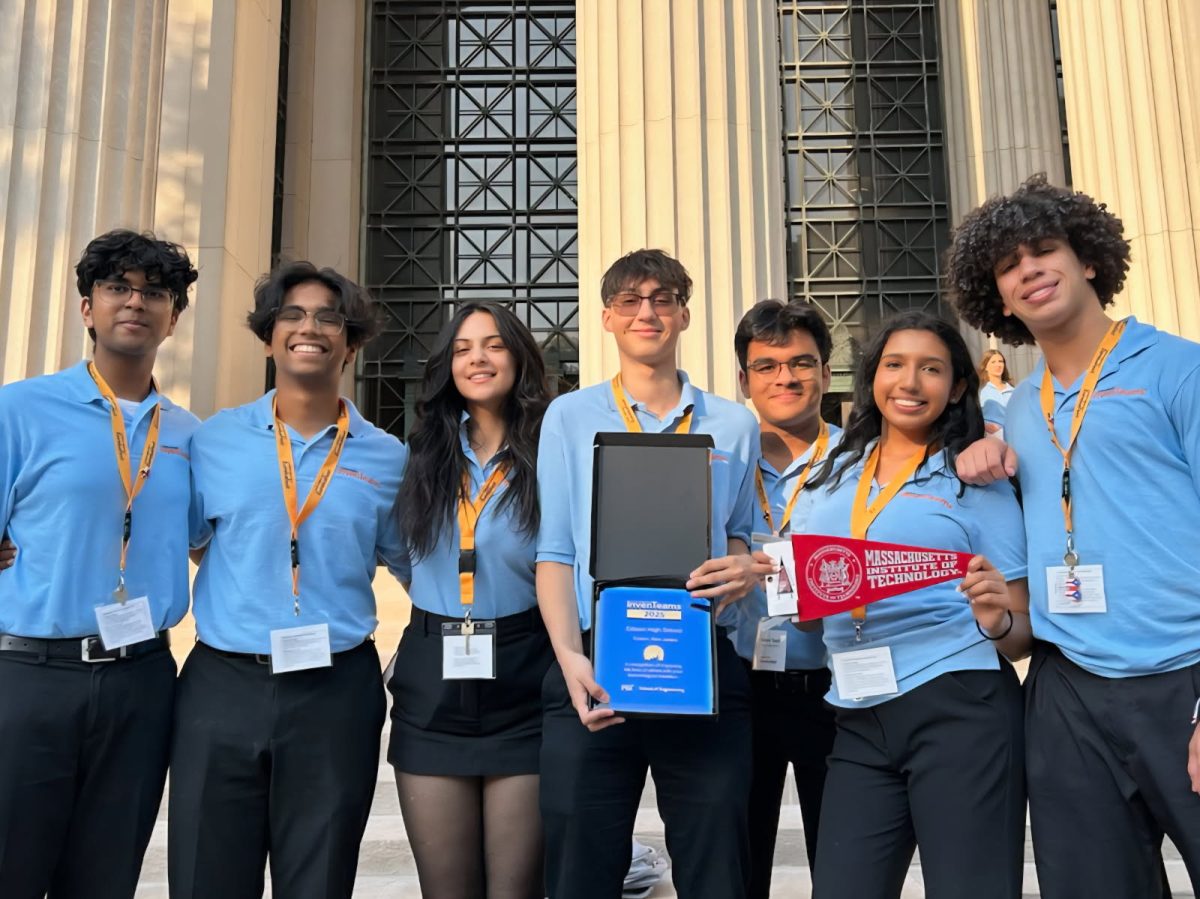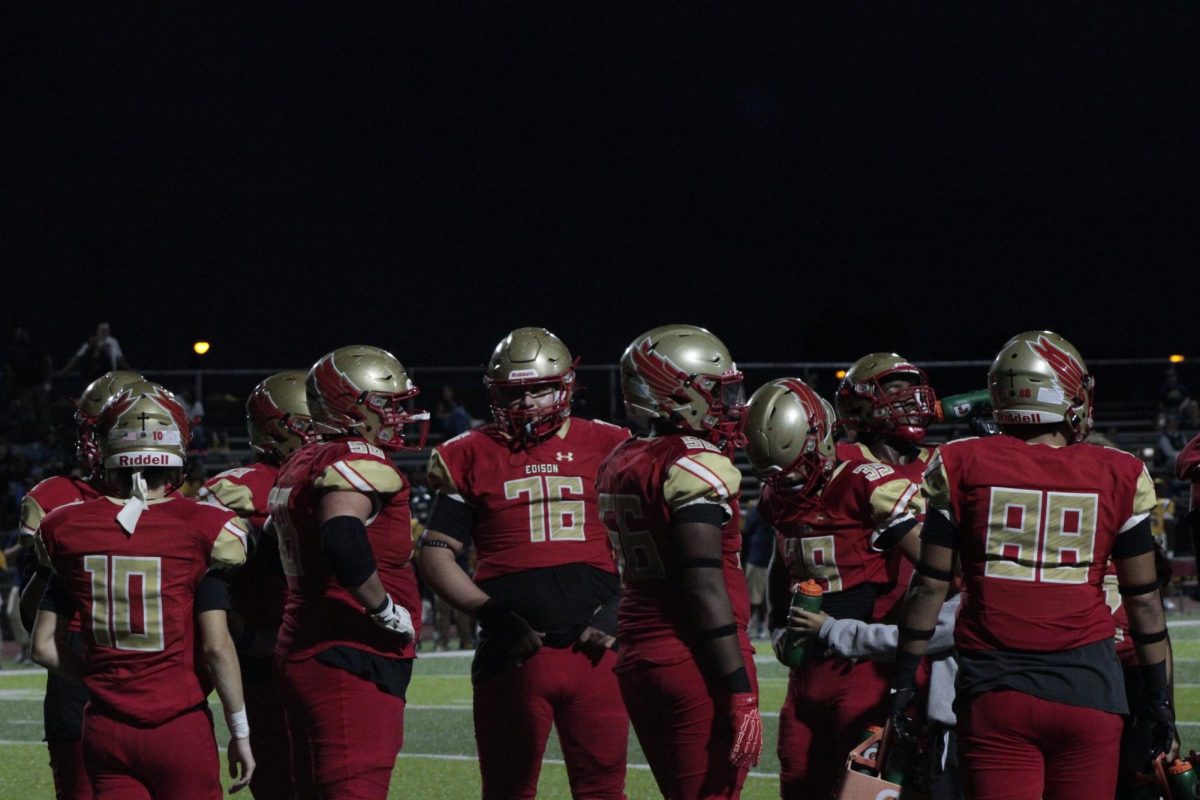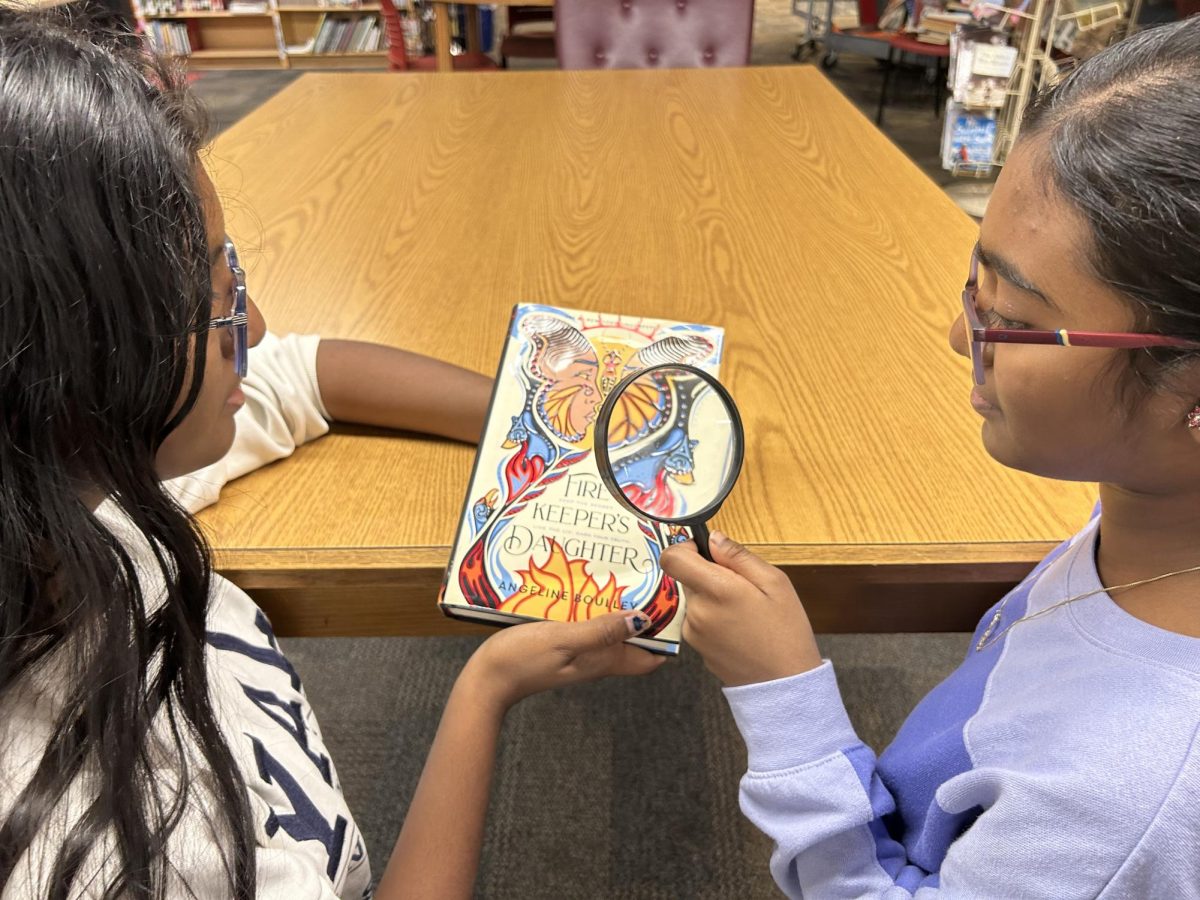Last month celebrated Native American Heritage month and we (as always) have the perfect book to honor it. There aren’t many Y.A. novels with Native American protagonists, but Firekeeper’s Daughter by Angeline Boulley is an exception to this upsetting trend. As we follow main character Daunis Fontaine through her endeavors in her hometown of Sault St. Marie and the nearby Ojibwe reservation, we are pulled into a story full of love, determination, and of course, a hint of murder.
Unenrolled biracial tribal member Daunis has never really “fit in.” Being the product of a juicy scandal didn’t help either. And when tragedy strikes, Daunis gives up all her dreams and accepts the reality: life isn’t fair. But when she meets charming new hockey recruit Jamie, things start to change. As she’s dragged into a thrilling murder investigation, we, along with her, try to get to the bottom of the crime. Even as the death count increases and the threat strikes close to home, Daunis is determined to protect her community—even if it means destroying the only world she’s ever known.
Boulley manages to captivate the reader with her intricate storytelling and plot. Although she has incorporated many different ideas into the novel, she wrote it in such a way that it never gets confusing. The small plot twists and transitions in the story are all interrelated and flow smoothly, never overwhelming the reader. Additionally, Boulley encapsulates the cultural aspect of the story beautifully. Many books that focus on minorities either overemphasize or forget about the culture they are trying to write about by adding unnecessary information that causes the reader to lose interest in the novel. However, Boulley found a perfect balance of content and culture, making Firekeeper’s Daughter an amazing read.
Daunis’ mix of white and Native American makes her see herself as a complete part of both communities, but others don’t seem to think the same. She’s too “white” for her Native American family and vice versa for her white family.
Many students in EHS can relate to this feeling of being part of two worlds but not enough of either–and Boulley depicts this complexity accurately. She illustrates Daunis’ inner motivations and fears alongside each other, using them as tools to push the plot further. She doesn’t dwell for too long on just the fact that Daunis is biracial nor does she completely ignore it–rather, she acknowledges it and utilizes it to add depth to the story and have us rationalize with Daunis’ actions. Many authors don’t grasp this concept and instead write a story that is neither relatable nor humorous and only serves to have us cringing.
Daunis’ character is extremely well written. Her mixed heritage–American and Ojibwe–play a huge role in her personality and beliefs. Boulley includes various Anishinaabemowin words at relevant moments, adding a unique twist to an already interesting book. To add on, there are various aspects of the story that are highly symbolic, and these small details are emphasized throughout the plot of the novel.
In Boulley’s novel, even the supposedly secondary characters are revealed to have an important part in the book. They each had their own well-crafted motivations, skills, and flaws that gave them a more three-dimensional feel. Each and every person goes through many hardships and changes during the story, making them seem more realistic rather than just expendable characters in a book. Daunis’ journey of self-discovery and love is intriguing as we see her grow from a sheltered child to a mature woman.
The sudden surprises in the plot are actually unexpected. Boulley does not completely deviate from the storyline in an attempt to shock the readers, and instead manages to reveal something the reader missed that might seem obvious in hindsight. Readers are engrossed in the novel, unable to stop reading, as Daunis makes unexpected discoveries of the harsh realities surrounding her. The book is filled with themes like cultural identity, family, and community, yet also contains more mature themes like drug abuse, assault, and violence. However, Boulley does a fantastic job at managing to incorporate such heavy topics in a novel targeted towards young adults.
All in all, we think Firekeeper’s Daughter’s plot twists, well-thought out character motivations, and racial significance all make for a worthwhile read. Not only will you enjoy the storyline, you might also be able to connect with Daunis Fontaine and empathize with her. The complex topics and themes will nearly move you to tears while the exciting plot twists keep you on your toes. Reading Boulley’s novel is honestly an enlightening experience that made us feel seen while at the same time exciting us and keeping us engaged. We thoroughly enjoyed Firekeeper’s Daughter and we’re sure that you will feel the same. Happy Reading and we hope you had a Happy Native American Heritage Month!



















































































